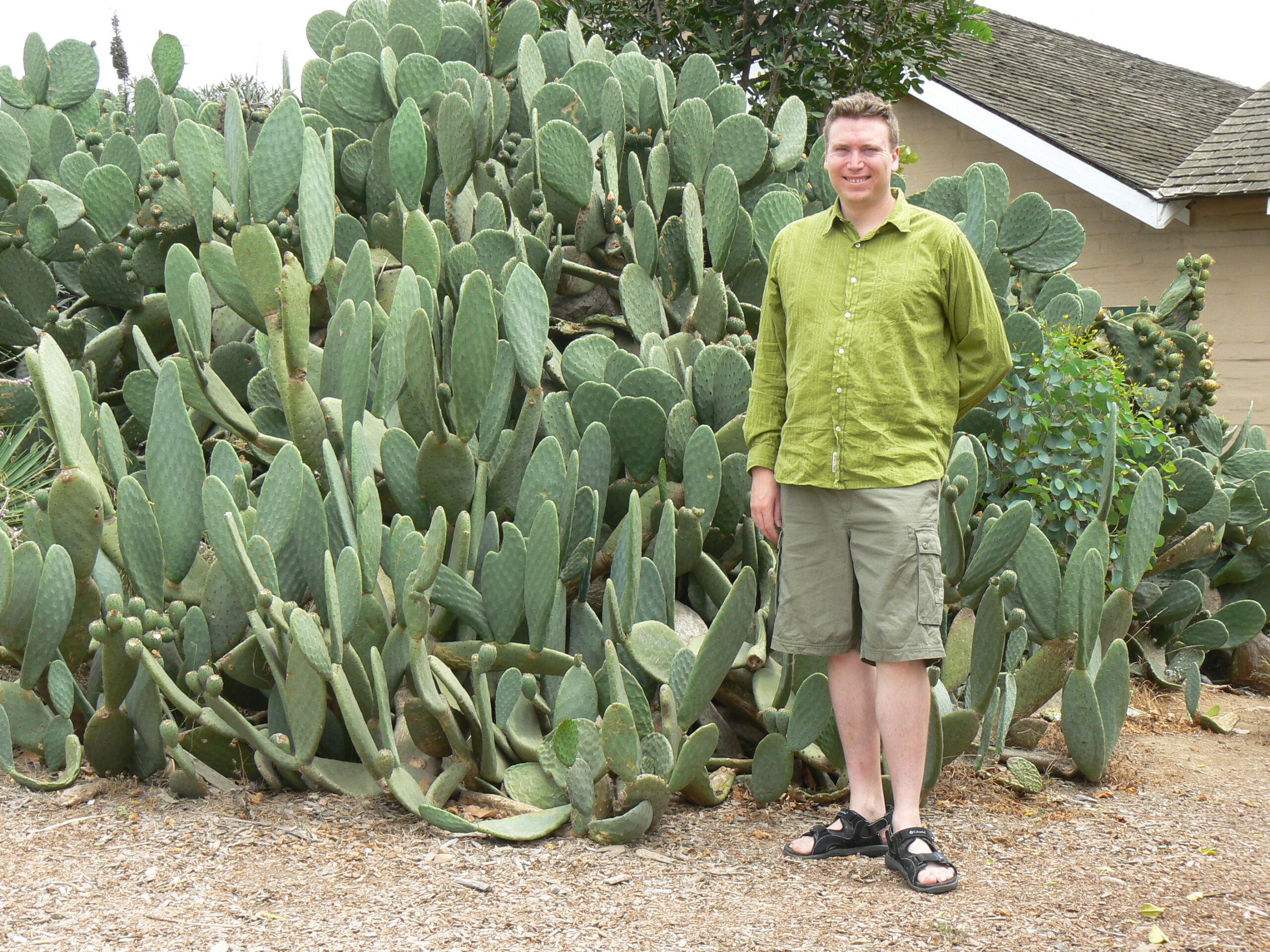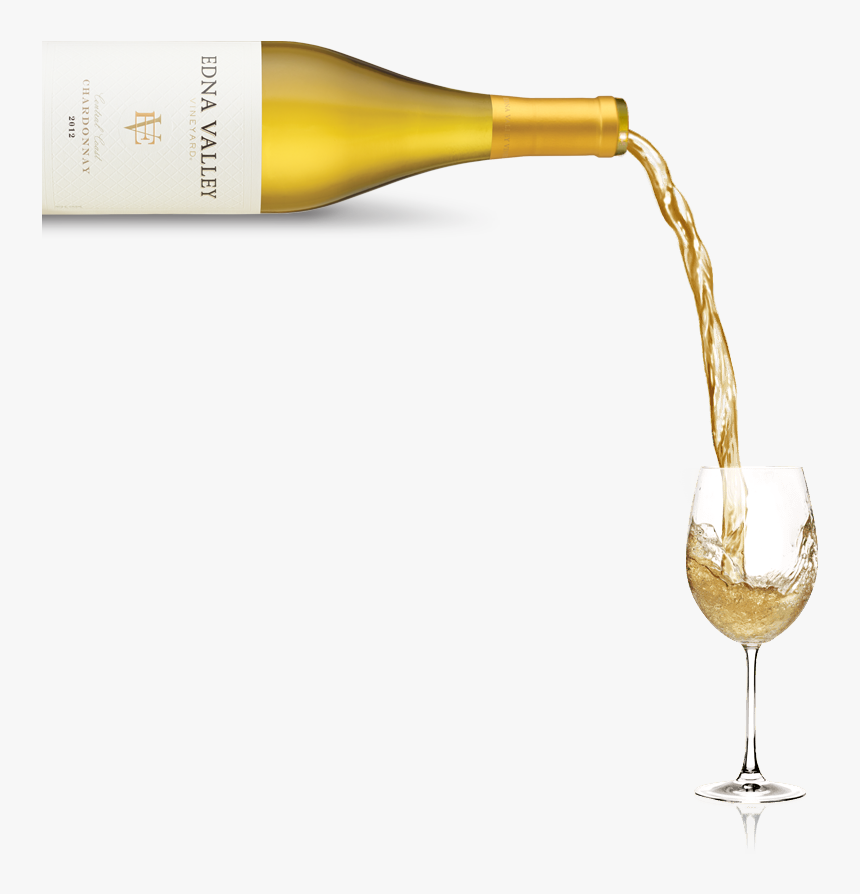Thanks to this accursed pandemic, it has been nigh on 8 months now since I visited a wine bar for a night of enjoying different wines with delightful little tapas plates on the side. To cope with the loss, I have been organizing wine exchanges with my posse of regular drinking companions, who I now meet with for social events via Zoom. To keep the logistics simple, we each hand-deliver two mystery bottles of wine to another person in the group, or arrange for delivery to those outside the convenient driving radius.
With mystery bottles in hand, we tune into a biweekly Friday night Zoom call for fun and frivolity that expands our wine horizons, as we learn about new wines. Our most recent virtual get-together just happened to fall on International Merlot Day, so each participant was delivered two bottles of mystery Merlot to enjoy from the safety of their own home.
Merlot is a red grape varietal that is a relative newcomer to the wine world. First discovered in France back in the 1780’s, it is believed to be an offshoot of Cabernet Franc, making it a genetic sibling to both Cab Sauv and Carménère.
While the Merlot grape is grown the world over, France still lays claim to nearly 65% of worldwide production, and Merlot is the most planted grape in the famed Bordeaux region of France.
When bottled as a single varietal, Merlot generally produces a lush and velvety wine with plum and berry flavours. Its soft mouth feel makes it attractive to novice drinkers, so it remains popular with the younger crowd.
While you may see countless different bottles of Merlot at your local booze merchant, the labels may be slightly deceiving. The specific regulations vary by country, but it is legally permitted to have a percentage of other grape varietals blended in during the bottling process.
In Canada and Australia, the dominant grape in the bottle must be at least 85% to be labelled as a single varietal, while the USA is less picky, only insisting that the dominant grape account for 75%.
So, that bottle of Merlot you like so much probably contains a few other types of grape as well, which helps combine the best features of each varietal for a better tasting wine.
Merlot usually makes up the majority of the blend in Bordeaux wines, which are the gold standard against which all other wines are judged.
Because the Bordeaux name is a protected designation of origin, North American producers have taken to referring to their Bordeaux-styled wines as Meritage. The basic idea is the same – a blend of Merlot, Cab Sauv, Cab Franc, Malbec, and Petit Verdot.
When blended with other grapes, Merlot is often the base wine, and contributes the soft and rich mouth feel.
Since Merlot contains very little tannin, it is frequently blended with the more robust Cab Sauv grape to give it more backbone, and prevent it from becoming cloyingly sweet.
Of course, for those who enjoy sweet wines, there is a popular Californian Merlot that spends almost no time aging in oak ,resulting in a very light and fruity wine, sometimes disparagingly referred to by wine snobs as a Red Chardonnay.
Merlot tends to thrive in climates with hot days and cool nights, and ripens a few weeks earlier than hardier grapes like Cab Sauv. This tolerance for chilly evenings has helped the Merlot grape thrive the world over, from Australia to Canada, and everywhere in between.
A skilled winemaker can start with a vineyard of Merlot grapes and coax it towards many different flavour profiles, using different types of oak barrels for aging.
My favourite Canadian example of a 100% Merlot varietal is the Black Sage Merlot from the Okanagan Valley. Easily found for $25-$30 at your local booze merchant, I like this because it drinks like a $50 bottle of wine, so definitely punches above its weight. This wine bursts with flavours of blackberry, licorice, herbs, and burnt chocolate. Pair it with grilled meats or hard cheeses for an even greater tasting experience.
I have been taking advantage of home delivery during the pandemic, so have been receiving my wines by the case, courtesy of my local bottle shop, or sometimes directly from my favourite Okanagan wineries. Support your local booze merchant or domestic winery by ordering a stockpile to help get you through the winter!






